 |
| July 01, 2022 |
 |
| |
| |
| |
| |
| |
| |
| Epidemiology What You Need to Know about Monkeypox An infectious disease expert answers questions about how the virus spreads, what its symptoms are and how to get testing and treatment | | By Céline Gounder,Kaiser Health News | | | |
| |
| |
| |
| |
| |
| |
FROM THE STORE
 | | The Science of Birds Birds are fascinating creatures. They descend from dinosaurs, soar the skies and display cognitive abilities once thought to be reserved for humans. It's easy to understand why so many people are passionate birders. The more you learn about birds, the more captivating they are, and in this eBook, we examine what we know about bird evolution, intelligence, communication, migration and behavior. |  | | |
LATEST ISSUES
 |
| |
| Questions? Comments?  | |
| Download the Scientific American App |
| |
| |


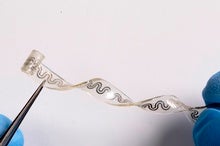


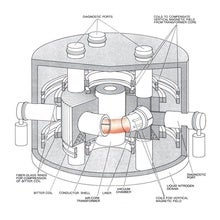
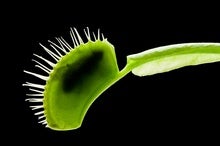
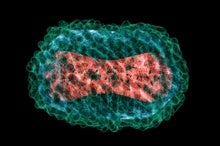




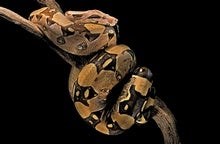
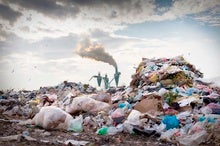
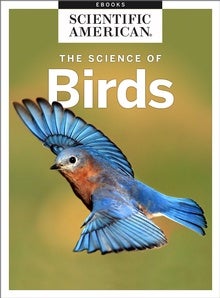

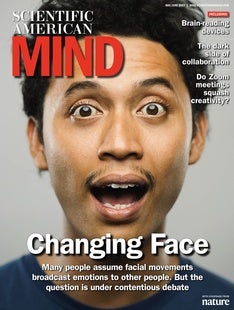

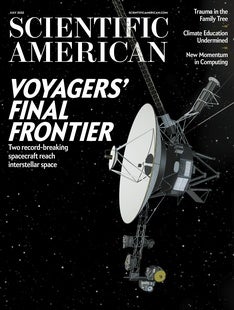
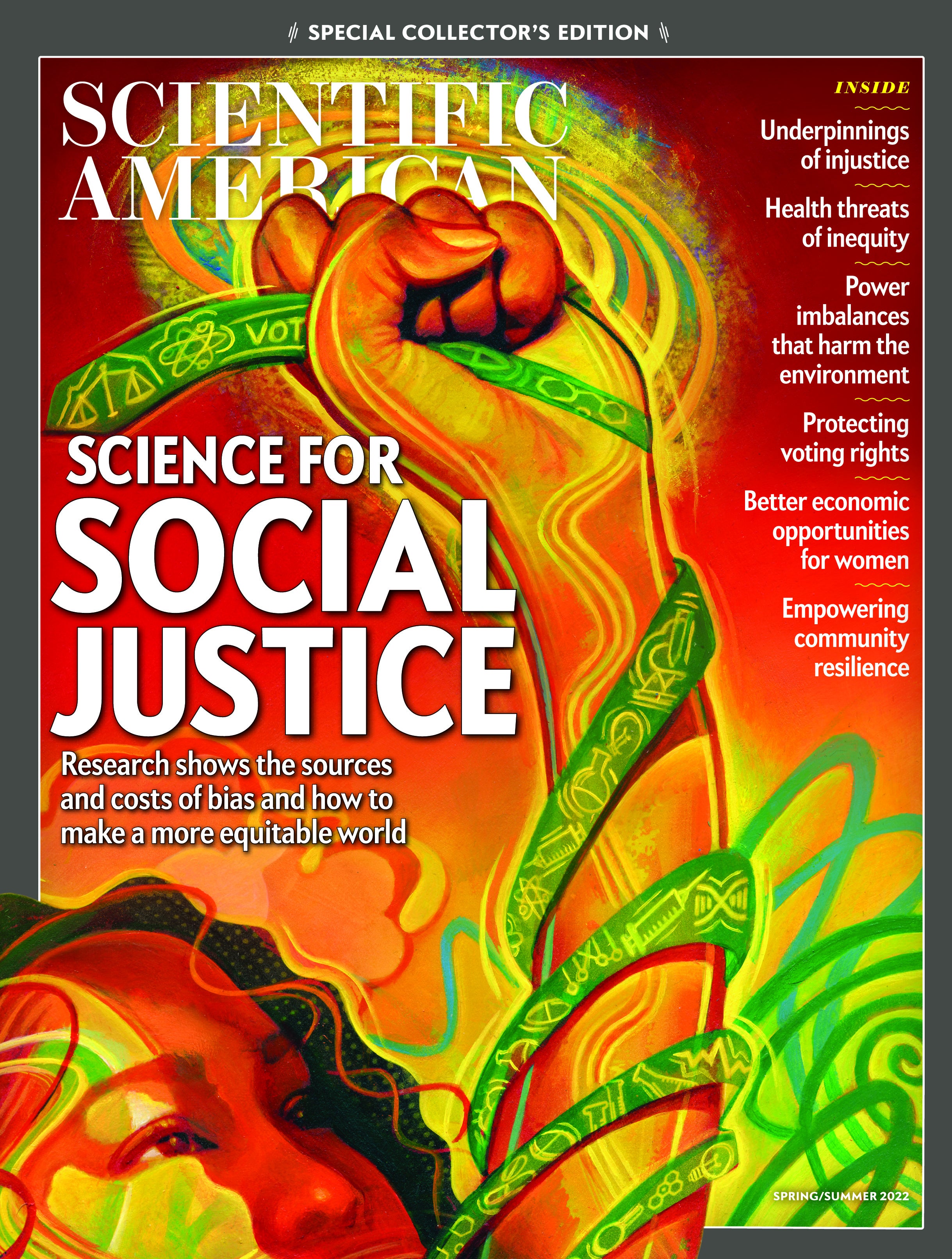
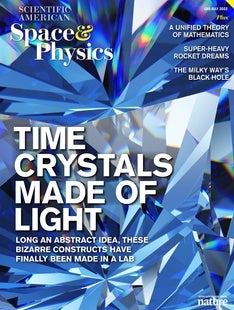



Comments
Post a Comment